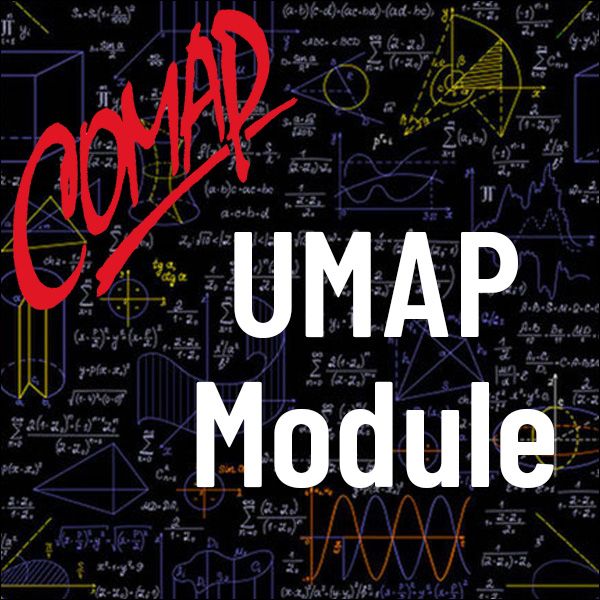Rating Systems for Human Abilities: The Case of Rating Chess Skill (UMAP)
Author: William H. Batchelder and Robert S. Simpson
This module illustrates how to construct and use a mathematical model for rating chess ability. The model is probabilistic in character, and it is based on Arpad Elo's chess rating system that is used both nationally and internationally to rate chess players. The key assumption is that the probabilities of a win, loss, or draw between two chess players each depend only on the difference between the two players' ratings. When this assumption is suitably augmented with other assumptions, a system is developed that rates newcomers as well as changes the ratings of established tournament players. Some empirical validation of the system is discussed.
Table of Contents:
INTRODUCTION
THE NATURE OF CHESS RATING SYSTEMS
EXAMPLES OF MONOTONE RATING SYSTEMS
The Thurstone System
The Uniform System
Obtaining Actual Ratings
The Nature of the Problem
Applying Estimation Theory to Obtain Ratings
ESTIMATION THEORY FOR THE ELO SYSTEM
Initial Group Estimation for the Elo System
Newcomer Estimation for the Elo System
Dynamic Estimation for the Elo System
EMPIRICAL VALIDATION OF THE ELO SYSTEM
SOLUTIONS TO EXERCISES
REFERENCES
ABOUT THE AUTHORS

Mathematics Topics:
Application Areas:
Prerequisites:
You must have a Full Membership to download this resource.
If you're already a member, login here.